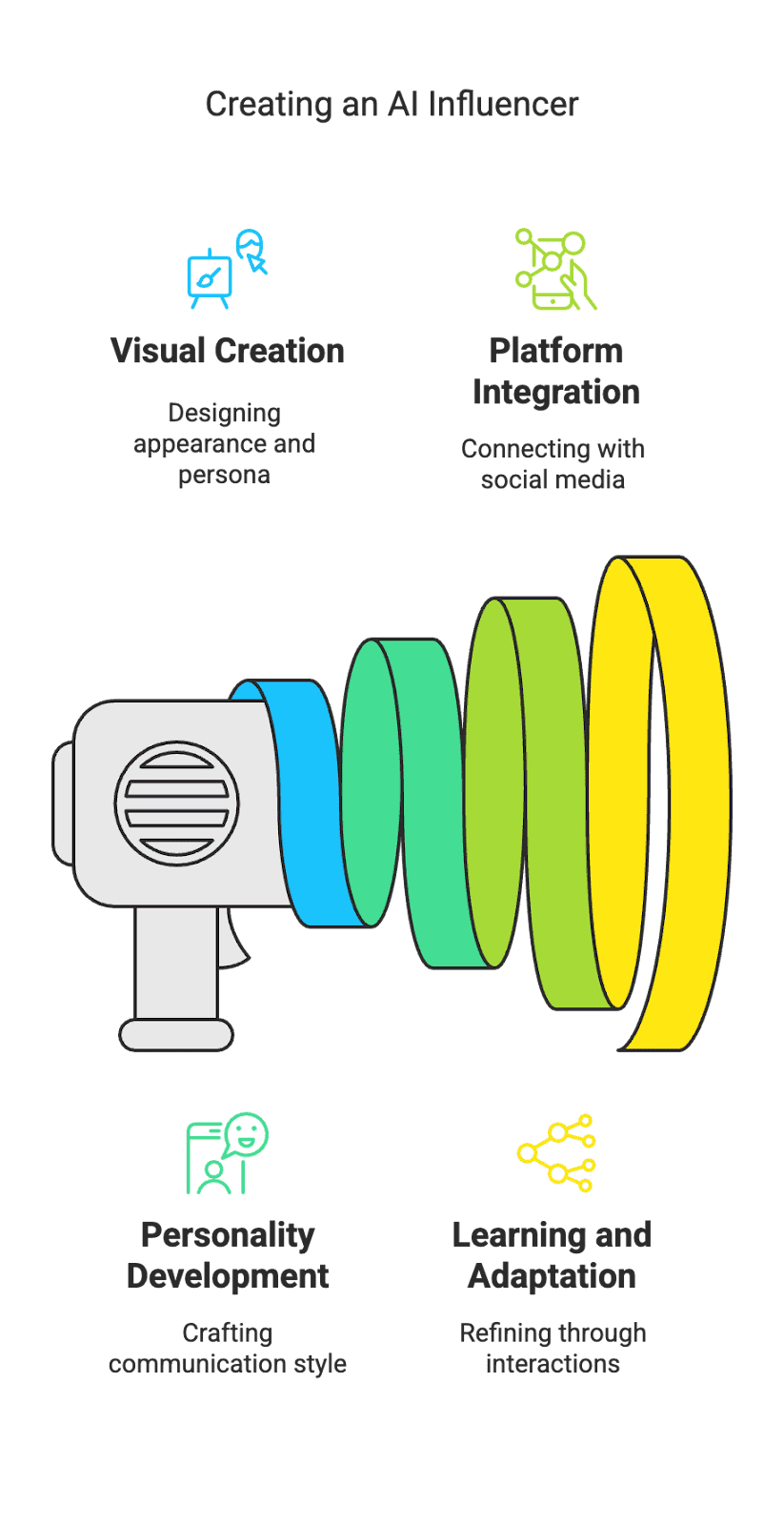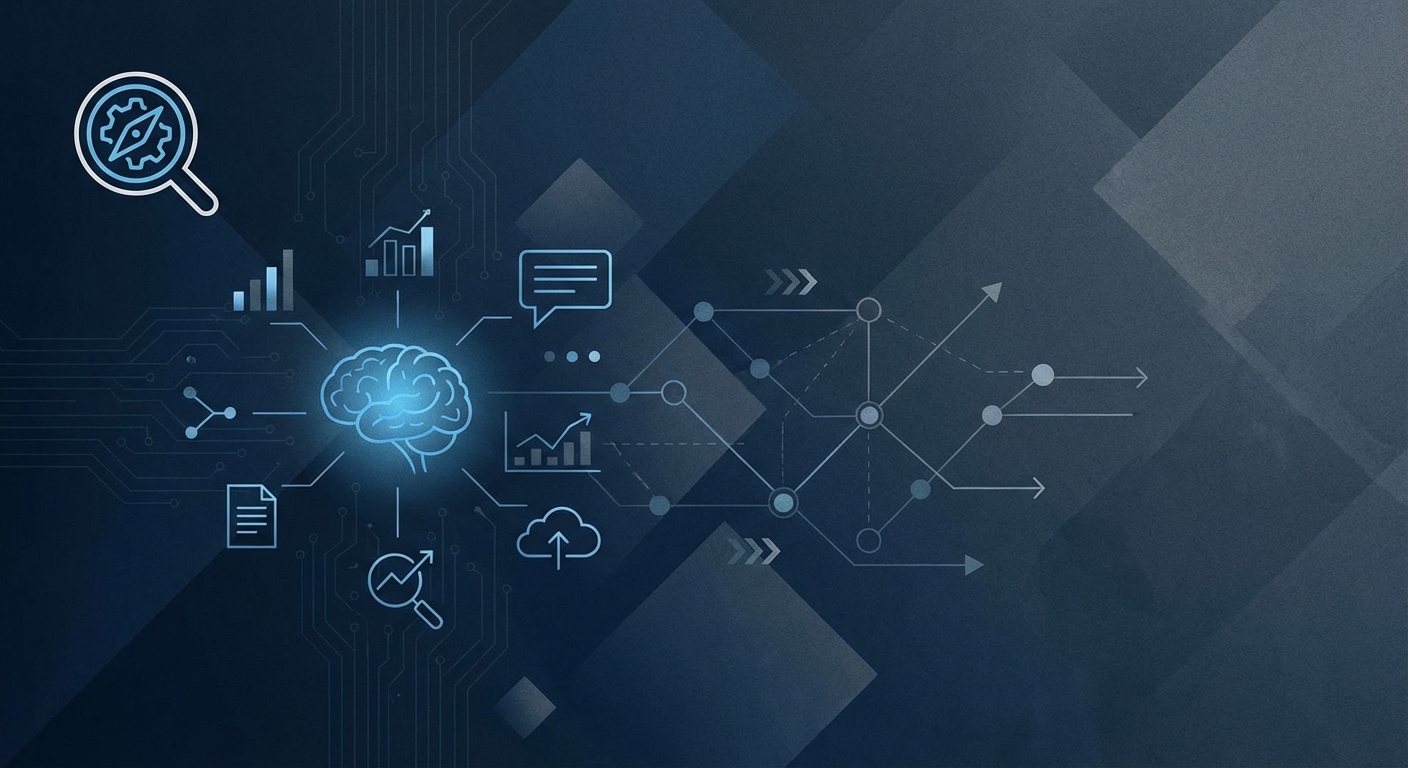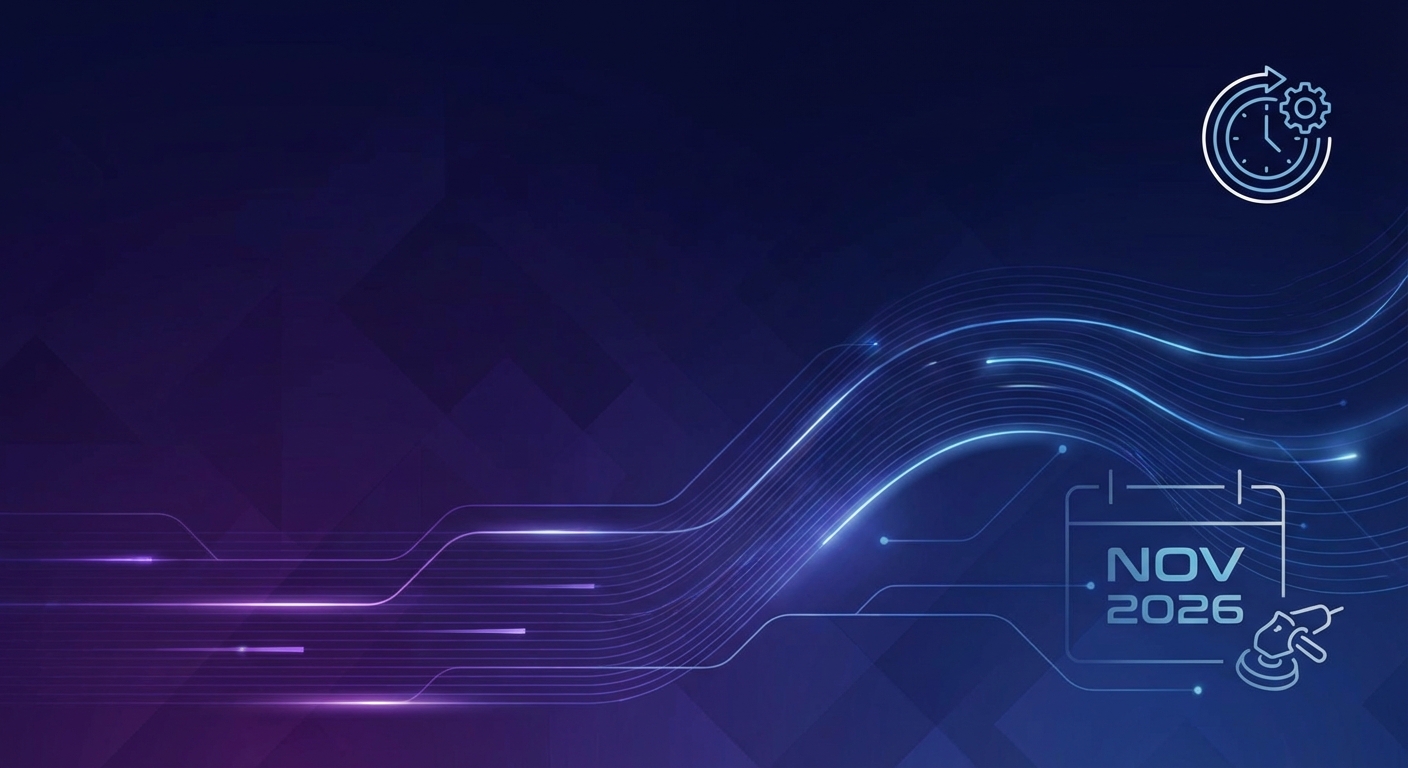The AI Influencer Boom: Shaping the Future of Marketing in 2026
Understanding the Rise of AI Influencers
AI influencers are virtual avatars powered by animation, AI, and computer graphics that create a realistic yet digital appearance. Their engaging presence has garnered millions of followers, leading to partnerships with brands like Prada, Chanel, and Vans. Pioneering influencers such as Lil Miquela and Shudu Gram have built strong character backgrounds, leading to their success in the marketing space. These influencers are distinct from VR/AR strategies as they primarily exist on social media platforms.

The Appeal of AI Influencers
AI influencers offer benefits like customization and cost-effectiveness. Brands can control their messaging and appearance, making them appealing for marketing campaigns. According to Built In, AI influencers are cheaper than human influencers as they have no cost of living. Their digital nature allows brands to track engagement data effectively.
The Growing Market
The AI influencer market is projected to reach $6.06 billion by 2024, with expected annual growth of over 40%. This demonstrates the popularity of AI influencers among brands and consumers. As brands seek authentic engagement, they are increasingly turning to micro-influencer agencies to identify niche creators.
AI-Generated Social Media Influencers: Key Risks for Brands
Despite their advantages, AI influencers pose several risks for brands. Misrepresentation is a significant concern; failing to disclose the AI nature of an influencer could mislead consumers. Ethical considerations have emerged, especially regarding who profits from these influencers.
Brand Alignment and Control
AI influencers still wield control over their social media platforms and can post content that may negatively impact associated brands. The challenge lies in maintaining authenticity, as relatable content is essential for consumer connection.
Data Privacy and Security
AI influencers accumulate extensive data from their engagements, raising data privacy concerns. Brands must ensure compliance with data protection regulations, particularly in regions with strict laws like California and the EU.
Copyright and Intellectual Property
Copyright issues arise when determining ownership of content created by AI influencers. Brands must navigate potential infringement risks and ensure proper usage of copyrighted material.
Risk Management Strategies and Insurance Considerations
Brands must implement risk management strategies when working with AI influencers:
Due Diligence and Contractual Agreements: Vet AI influencers thoroughly and draft clear contracts outlining ownership and ethical guidelines.
Content Monitoring and Oversight: Employ content monitoring tools to ensure appropriate messaging and quickly address any issues.
Data Privacy and Security Measures: Ensure secure interactions and compliance with relevant data protection regulations.
Insurance Coverage: Explore insurance options, including general liability, cyber liability, and media liability, to protect against potential risks.
The Mechanics of AI Influencer Creation
Creating an AI influencer involves a blend of art and technology, including:
Design and Visual Creation: Graphic designers create the character's appearance.
Personality and Communication Skills: Developers use natural language processing to train AI for human-like interactions.
Integration with Social Media Platforms: Programming APIs allows AI to post content and analyze metrics.
Continuous Learning and Adaptation: Machine learning enables the AI to refine its interactions over time.
Advantages of AI Influencers
Consistency and Availability: They engage with content 24/7, ensuring a constant online presence.
Brand Control: Brands can craft every aspect of the influencer's personality and messaging.
Scalability and Personalization: AI can analyze user interactions to create tailored content.
Cost-Effectiveness: Though the initial investment is high, AI influencers can reduce long-term marketing costs.
Challenges of AI Influencers
Ethical Considerations: The realism of AI influencers raises questions about transparency.
Technological Limitations: The uncanny valley effect can hinder engagement.
Loss of Authenticity and Trust: Maintaining audience trust is vital for effective marketing.
Evolving Social Media Regulations: Compliance with regulations is increasingly important.
The Surge of AI Influencers in Marketing
AI influencers are revolutionizing marketing by enabling targeted campaigns and brand safety. Brands can avoid the risks associated with human influencers, such as scandals or controversial behavior. AI influencers can also maintain a constant engagement presence, further enhancing their marketing effectiveness.
Top AI Influencers to Watch
Lil Miquela: Collaborated with major brands and has millions of followers.
Aitana Lopez: A Spanish sensation known for her engaging content.
Milla Sofia: Popular on TikTok for lifestyle content.
The Impact of AI Influencers on Marketing
AI influencers are shaping the future of marketing with their ability to deliver personalized content at scale. They provide brands with innovative ways to engage audiences while maintaining control over their messaging. The rise of AI influencers signals a shift in how brands connect with consumers in the digital age.





